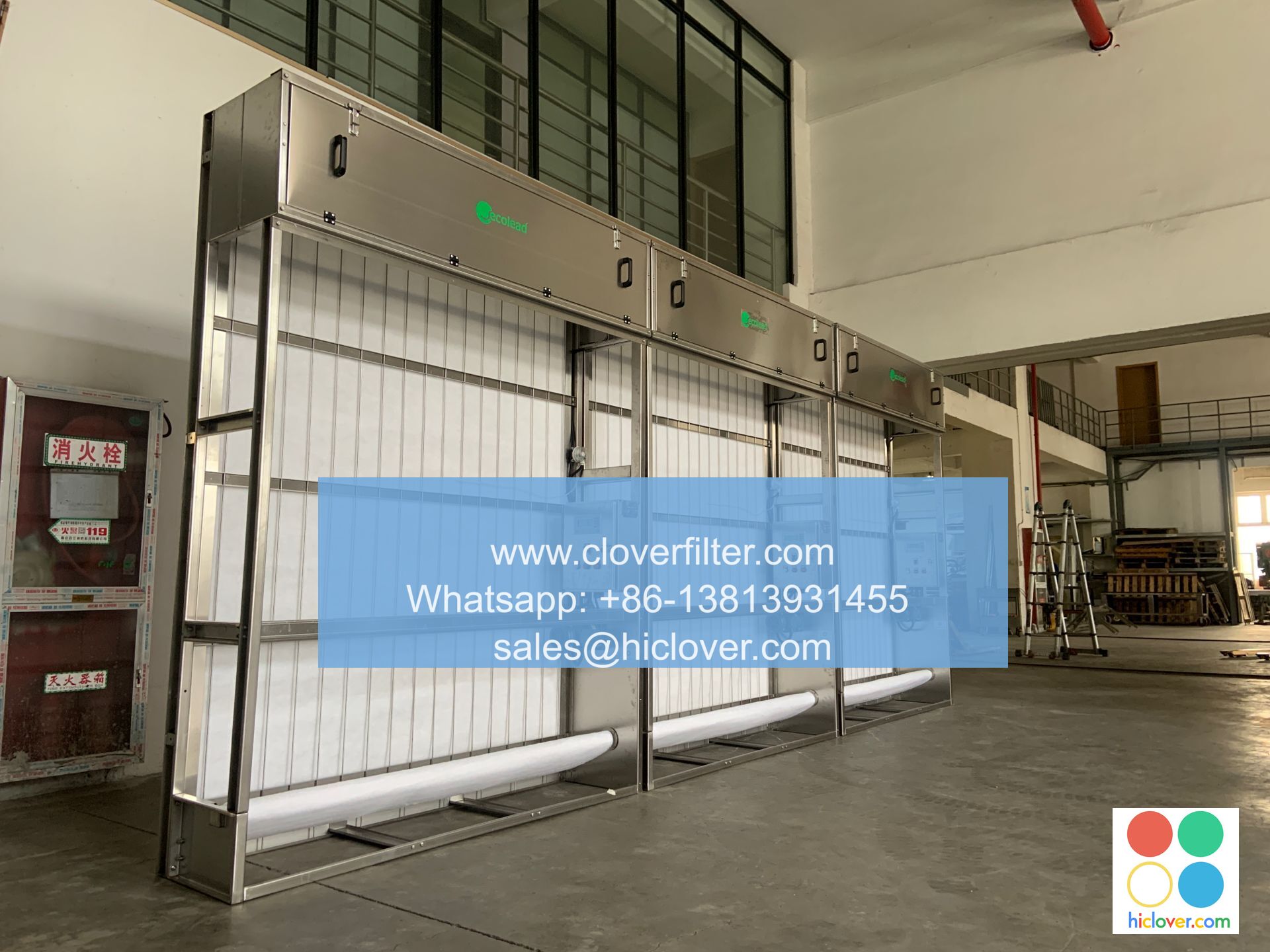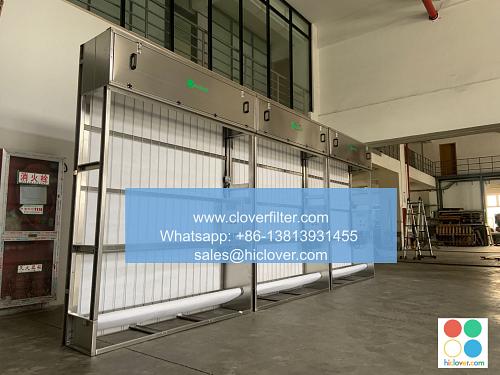Designing Efficient Air Filters for Industrial Applications

Designing Efficient Air Filters for Industrial Applications
Industrial air filters play a crucial role in maintaining a clean and safe working environment. They are used to remove impurities and contaminants from the air, improving indoor air quality and reducing the risk of airborne diseases. With the increasing demand for industrial air filters, it has become essential to design efficient air filters that meet the specific requirements of various industries. In this article, we will discuss the design considerations and key factors to keep in mind while designing efficient air filters for industrial applications.
Key Considerations for Designing Efficient Air Filters
- Air Flow Rate: The air flow rate is one of the most important design considerations for industrial air filters. A higher air flow rate is required for applications that demand a large volume of air to be filtered, such as in mines and construction sites.
- Particulate Matter (PM) Rating: The PM rating refers to the filter’s ability to capture particulate matter of a certain size. A higher PM rating is required for applications where fine particles need to be captured, such as in pharmaceutical and biotechnology industries.
- Temperature and Humidity: The temperature and humidity levels of the air to be filtered can impact the design of the air filter. For example, filters used in applications with high temperature and humidity levels, such as in chemical plants, require heat-resistant and water-resistant materials.
- Corrosive or Abrasive Environments: Filters used in corrosive or abrasive environments, such as in petrochemical plants or construction sites, require materials that can withstand these conditions, such as corrosion-resistant metals or synthetic fibers.
Specialized Air Filter Designs for Various Applications
- Coconut Shell Activated Carbon (CSAC) Filters: These filters are designed for applications where odors, gases, and Volatile Organic Compounds (VOCs) need to be removed, such as in pharmaceuticals, laboratories, and hospitals.
- HEPA (High-Efficiency Particulate Air) Filters: These filters are designed for applications where fine particles and pollutants need to be removed, such as in cleanrooms, laboratories, and fit-out areas.
- Ultraviolet (UV) Air Purifiers: These filters use UV light to kill microorganisms, viruses, and bacteria, making them ideal for applications where airborne microorganisms are a concern, such as in hospitals, clinics, and food processing industries.
- Opacity Sensors and Air Quality Monitors: These filters are designed to detect and monitor air quality, providing real-time feedback on air quality and alerting operators to potential issues, such as in mines, construction sites, and industrial plants.
- Improved Indoor Air Quality: Efficient air filters can significantly improve indoor air quality, reducing the risk of airborne diseases and improving employee health and productivity.
- Increased Equipment Life: Clean air filters can prolong the life of equipment and reduce maintenance costs by reducing the risk of damage from dust and debris.
- Compliance with Regulations: Efficient air filters can help industries comply with regulations and standards, such as OSHA and EPA guidelines, related to indoor air quality and worker safety.
Benefits of Designing Efficient Air Filters
Conclusion
In conclusion, designing efficient air filters for industrial applications requires careful consideration of various factors, including air flow rate, particulate matter rating, temperature and humidity, and corrosive or abrasive environments. By understanding these key considerations and applying specialized air filter designs for various applications, industries can improve indoor air quality, increase equipment life, and comply with regulations.
I’m happy to help! I can respond to a wide range of prompts, from fun and creative to educational and practical. What’s on your mind? Would you like to:
* Chat about a specific topic or issue?
* Create a story or scenario together?
* Ask for information or advice on something?
* Play a game or have some fun?
* Or something else?
Let me know, and I’ll do my best to assist you!

